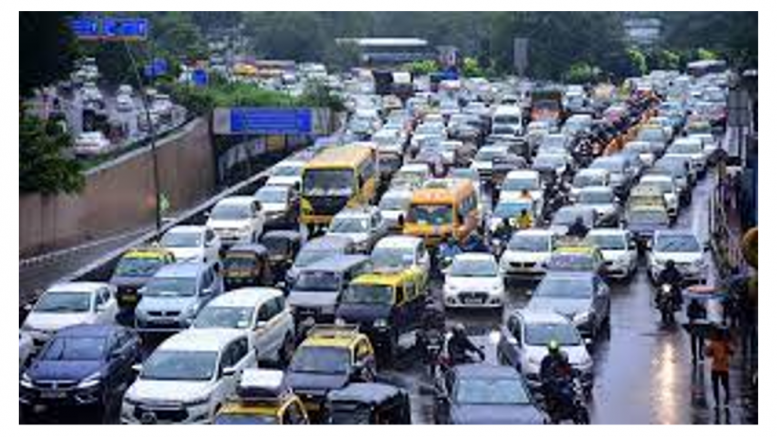Recently, a very popular stand-up act scheduled in Bengaluru got cancelled due to multiple reasons, one of the reasons being that the attendees could not reach the venue on time because of traffic. Of course, it is a hilarious situation and the comedian had a good time making fun of the city during his tour in Bombay. But I am digressing, let us come back to traffic and transport. Often standard of living is considered when you can save time and lead a life where you are able to do the things that you love. If you measure quality of living by the air we breathe, the water we drink, the roads we take and the amount of pollution that we are exposed to; all major India cities paint a rather grim picture. Walkable roads and good public transport system should be basic parameters to measure the living index of a particular city. When the rich start taking public transport, we can truly say that we have an admirable standard of living. Until then, the urban middle class will prefer to ‘Uber’ their way to office, drive or ride around the city.
In India, transport forms a major contributor to carbon dioxide (CO2) emissions, making up to 14% of energy-related direct CO2 emissions. It inevitably is also one of the fastest growing emissions sectors in the country, along with industry. Road transport contributes to a whopping 90% of total energy consumption that comes from transport.
Decarbonisation offers considerable co-benefits like cleaner air and accompanying health and wellbeing advantages, which would get India closer to its climate promise if there were a clear legislative framework and firm decarbonisation objective for the road sector. Strong ambition and a workable action plan would be necessary for such a roadmap. However, there is currently a lack of data regarding energy use and emissions that may serve as the foundation for such a strategy.
From a policy level, the country needs to institutionalise data collection for the transport sector that would aid in data collection as well as an understanding of annual GHG (greenhouse gases) inventory, particularly from the transport sector.
The policy roadmap to combat transport emissions should take into account interventions like fuel efficiency in ICE (internal combustion energy) vehicles that dominate Indian roads, vehicle electrification with a low-carbon grid, increased use of alternative fuels, mode shift from private vehicles to public transportation, and freight mode shift from road to electric rail because they offer significant emissions savings.
One of the main challenges with relation to the sustainability of the transportation sector is the health effects of traffic-related air pollution (TRAP). Due to the high density of motor vehicles and crowded metropolitan areas, transportation contributes significantly to air pollution and has an impact on a wide portion of the population. Epidemiological research on the effects of TRAP on health has grown dramatically in recent years. The overwhelming body of research suggests that TRAP raises the risk of mortality and morbidity. The global hazard to human health from TRAP is growing despite major progress in lowering car emissions and is present in many regions of the world.
On a personal level, each one of us can try to reduce our own carbon footprint particularly when it comes to transport. Practices like carpooling have almost flattened post COVID. Our public transport systems are already running over their capacity especially in metros like Mumbai. We need convenient modes of public transport that offer convenience to passengers. Walking short distances can go a great way in reducing individual footprint. Choosing electric vehicles for a new vehicle could be a great way to reduce transmissions. The government offers tax benefits. Did you know that the section 80EEB of the Income Tax Act allows an individual to claim tax savings of up to Rs 1.5 lakh on interest paid on a loan made specifically to purchase an electric car. This is a significant incentive for people to make a move to sustainable transportation options.
We have a long way to go before we can make a dent in the transport based emissions. However this is only possible when individuals start taking actions. Individuals often influence the choices of their families, friends and the communities at large. Will you take the first step?
The views and opinions published here belong to the author and do not necessarily reflect the views and opinions of the publisher.



Be the first to comment on "Traffic doesn’t just choke the roads"